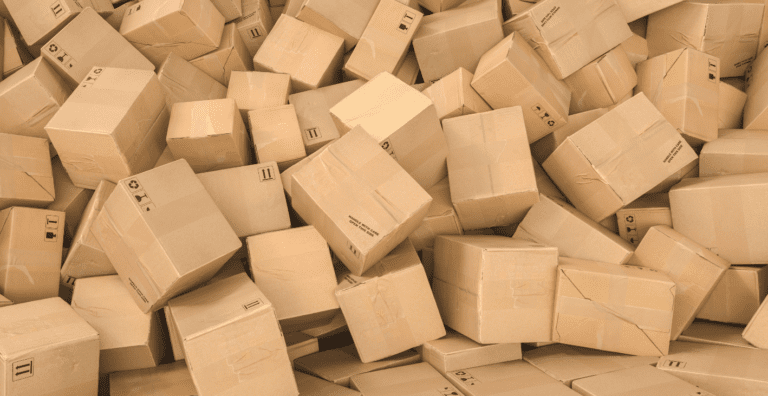Understanding the once-used box rebate structure can be pivotal when discussing potential partnership opportunities. When it comes to rebates for once-used boxes, distributors typically offer them in two distinct formats: per-box rebates and price per ton arrangements. While the former provides a straightforward approach with clear reporting, the latter, often utilized in the context of baled or loose cardboard materials, requires a bit more calculation.
For those navigating the realm of rebate negotiations, understanding how to seamlessly convert between these formats can be a game-changer. Picture this: you’re juggling quotes from various vendors, each with their unique rebate structures. Visualizing rebates in a consistent manner becomes paramount for effective decision-making. That’s where the conversion from price per ton to price per box comes into play.
Here is the conversion formula:
Per Box Rebate = (Box Weight / 2,000) x Per Ton Rebate
Here’s the breakdown: the box weight represents the weight of a single box you aim to convert into a per-box rebate. By dividing this weight by 2,000 (since there are 2,000 pounds in a ton) and multiplying the result by the price per ton rebate, you unveil the equivalent per box rebate.
Let’s delve into an example to illustrate its practical application. Imagine your business churns out a weekly trailer load of 24 x 15 x 24 sized boxes, each weighing 2.5 lbs. Your current vendor offers a rebate of $0.20 per box. Now, let’s say IMPACT Recycling Partners presents an enticing $200 per ton offer for these boxes. Applying the conversion formula, your company would discern that partnering with IRP yields a more lucrative deal, (2.5 lbs. / 2,000 lbs) x 200 = .25 cents/box rebate.
At IMPACT Recycling Partners, our mission is to maximize the value of once-used boxes generated at your facility. Whether it’s competitive rates per ton or per box, we prioritize transparency and fairness from the get-go. Let us assess the boxes you’re generating and tailor competitive rebates to suit your needs. Together, let’s transform your waste into worthwhile returns.













